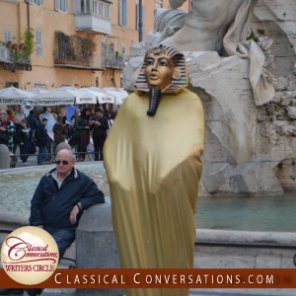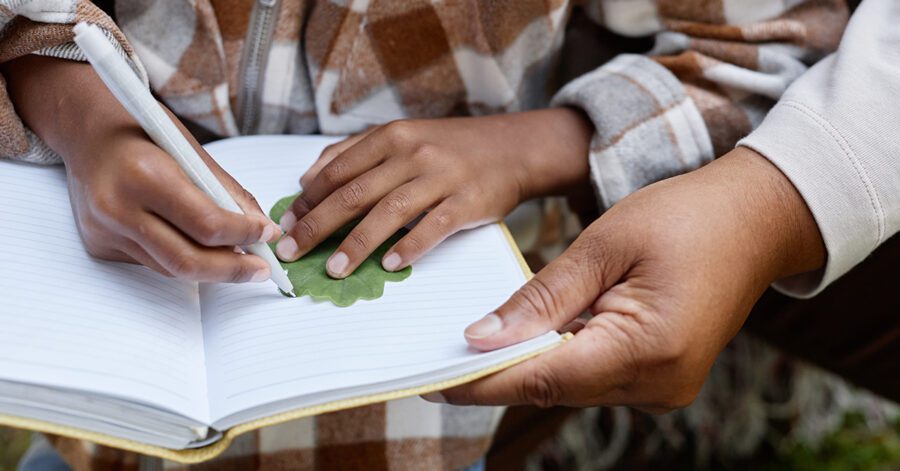Throughout history, mankind has appreciated beauty in nearly every area of experience: art, literature, architecture, engineering, design, arrangement, nature, astronomy, landscaping, music, mathematics, animals, gardens, food, geographical features, skies, birdsongs, rainbows, and human beings. We find beauty in any location, medium, or endeavor. People seek beauty. While some argue that beauty lies in the eyes of the beholder, the world skips the debate and covets beauty. We are drawn to it. We gravitate to the beautiful patterns of fabric, the beautiful flowers in a garden, the beautiful buildings on a tour, and the beautiful paintings in a gallery.
We are also drawn to beautiful people. Sometimes it is because of their outward beauty (e.g., the Barbies and Kens of the world). Sometimes it is because of their inward beauty (e.g., beauty found in the plain, ordinary folks not glorified in dolls or action figures). Obviously, most people fall somewhere in the middle on the beautiful-to-ugly continuum and for most people, beauty is desirable.
We are drawn to beautiful people and we want to be beautiful ourselves. Untold billions of dollars are spent on weight loss, muscle toning, wrinkle reduction, hair coloring, and hair restoring. It seems that everyone wants to look better.
Yet there is a cap on physical beauty. Dustin Hoffman once broke down in tears as he described his realization about beauty during the filming of Tootsie. Dressing in drag for his role, he was made up as a woman. The makeup artists finished their work and revealed the Tootsie look to Hoffman. He protested. This “woman” was not so good looking. If he had to be a woman, he wanted to be a beautiful woman, he said. The makeup crew confessed that they had done all they could do. His beauty was maxed out. Suddenly he realized what women have struggled with since the beginning of time. Facial beauty has natural limits. He was only playing a part in a movie; women have to face this every day. Merely recalling that moment brought him to tears. His experience highlights the double-standard for beauty: culture looks for beauty in women, but generally gives men a pass.
However, there is another kind of beauty, inward beauty. We all know the jokes about the blind date who has a great personality: she may be a dog, but she is fun. We also know people who are physically unattractive, but have a magnetic personality. For these people, it is almost as if no one ever told them that they were homely; the joy of life radiates from their eyes. Surely some have advised them of their plainness, but they have chosen to listen to the Voice of Truth. When we see that they do not believe they are ugly, we begin to agree. We see the real beauty.
We also know people who seem beautiful until we get to know them. Eventually, the lovely face looks like a mask, hiding the hideous personality. The real human monsters may look like Ken or Barbie.
I recently went to a fast food restaurant to get a breakfast biscuit. A young woman took my order and I noticed the joy beaming through her eyes. I walked down the counter to pick up my order and another young female worker greeted me with a glow of confidence and happiness. That store manager is blessed to have two such engaged, willing workers. They both possessed a measure of physical beauty, but what struck me was their inner joy manifest in their expressions. With scowls on their faces they may not have appeared beautiful at all.
I began thinking about the relationship between inward and outward beauty. Inward beauty can actually create outward beauty. However, outward looks never create inward beauty. Outward beauty has limits, but inward beauty knows no limits. Outward beauty always wanes with age, but inward beauty can grow forever.
Character always wins the battle for beauty. Joy in the soul brings real beauty. It even changes the look of one’s face. The better you know a joyful soul, the more beautiful he or she looks. Inward beauty actually creates outward beauty.
The health or sickness of the soul always comes through. Acid in the soul trumps physical beauty and often brings hardness to the face. Maybe your mother was right when she said, “Your face can freeze that way.” Ugly souls turn beautiful faces sour.
Here is the irony: In our culture we spend mountains of time, effort, and money on any tiny drop of beauty to be squeezed out of our limited looks, while we ignore the unlimited source of lasting beauty. We pound away at the ceiling of our outward beauty, while missing the open skies of soul beauty.
In September 2013, the Huffington Post reported that American women spend over 426 billion dollars per year purchasing beauty products; nearly half a trillion dollars go toward women’s beauty products. Add to that the investment men may make and we get the picture of a culture obsessed with physical beauty.
Instead, we can pour energy into developing the limitless, lasting beauty that brings joy and enhances relationships. How can one develop inward beauty? We can learn to love ourselves and recognize our genuine worth, declared by God. We can change our self-talk, to speak good things to ourselves, even as we would speak with kindness to a friend—or stranger. We can choose not to listen to the voices that put us down, and we can listen to the One who gives His beauty to us. Most of all, we have to believe it. We have to trust that God gave His Son for us, to give life and beauty to us. We may all have features we wish were different, but most of us are more physically beautiful than we will believe.
God has given us the capacity to appreciate beauty all around us and to find beauty in people. The classical writers even found some objective standards of beauty. They made no apologies for pursuing truth, goodness, and beauty. I do not fault people for recognizing physical beauty in people or for striving for their own physical beauty. We just need to recognize that it is limited, it is often unfair, and it is much less important than the beauty which lies within.
Maybe the blind dates with good personalities really do have more fun.




